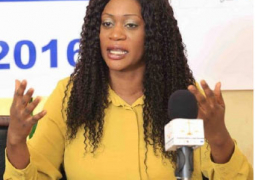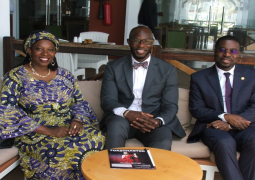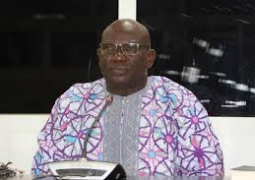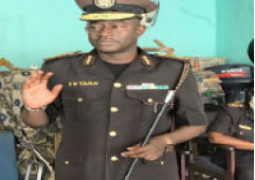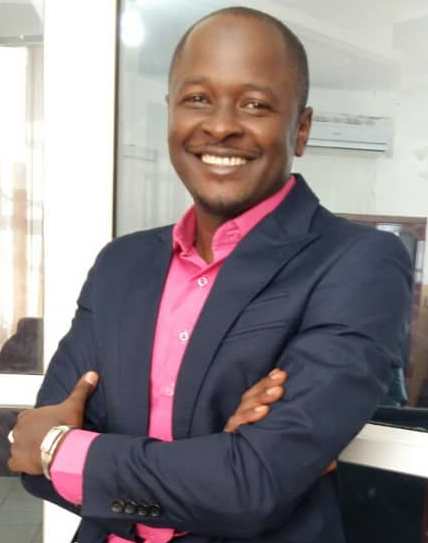
He added that the cash transfer is initiated by government and supported by the World Bank and implemented by government institutions, meaning it is our money but was quick to add that there is no project that can give money to everybody.
“The cash is not meant for everybody who is married or have an ID Card,” he highlighted and therefore urged the regional structures and alkalolu to help debunk any misconceptions currently circulating for smooth implementation of the second round.
“This is package which has a limit and government has already prescribed with partners those eligible to get the money,” he added and called on authorities to disseminate the same information to help government and the team making the cash transfer to make life easy for everybody and allow genuine beneficiaries get the money.
A total of USD10 million initiated by Gambia government and supported by World Bank is being disbursed amongst approximately 83, 000 households across the country.
Almost all the legible households in Upper River, Central River, Lower River regions, Foni and Sabach Sanjal District in North Bank region each received three thousand dalasis (D3,000) during the first round.
Implementing partners on Friday 9 October 2020 commenced the second phase where each registered household would receive another three thousand dalasis (D3,000), making the total six thousand dalasis (6,000) for each household within the 30 project districts.
The National Nutrition Agency (NaNA), Department of Social Welfare and Department of Community Development are implementing the ‘Nafa Quick’ cash transfer meant to mitigate the impact of coronavirus pandemic.
Mr. Ceesay said that the cash transfer was going on well, adding that the only challenges they encountered included a good number of people coming without vouchers because they lost the vouchers that were issued and stamped in the first round which is slowing their process as they have to search in the system to be able to pay them because they do not want to leave out any eligible household especially those who were already registered and paid.
He added that people are also still coming, saying they have to be registered because they are married. He described such as misinformation circulating.
He pointed out that there is no open registration during the second phase of the cash transfer, noting that registration has since closed in the first phase.
However, he said they were able to tackle the challenges, noting that there is no complaint so far.
Mr. Ceesay said they hope to conclude the second phase of the cash transfer nationwide by mid November.
He urged beneficiaries to use the money for what it is designed: which is to mitigate the impact of covid-19 and build household resilience.
The money, he said is meant for the entire household, and therefore urged beneficiaries to buy food, condiments and other household needs as the assistance will not continue forever.
Ceesay said we are in the hunger season (July, August, September, and October) when most families do not have enough to eat to improve on their health and nutritional status, and as such described the cash transfer as timely.


